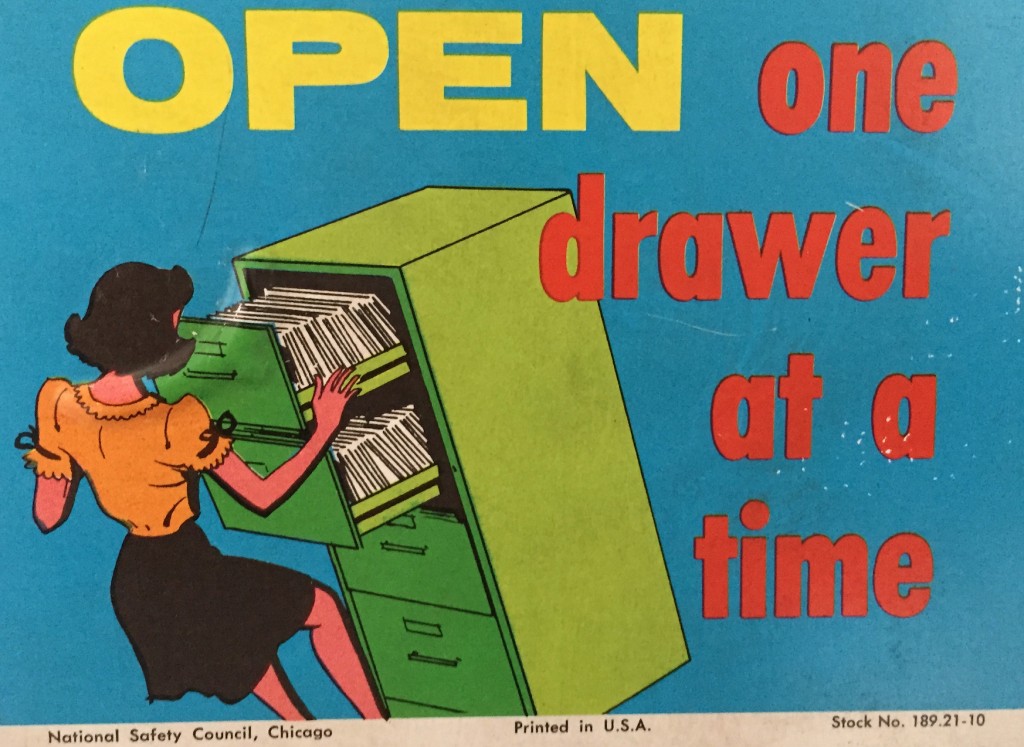When you look around, what tips you off that policy may be out of date?

The case has been made in recent years of the obsolescence of the average human resources department and its policies. But is the problem human resources or an overall approach? An article in Forbes by an industry expert makes the following assessment:
The traditional “Human Resources” programs which were designed in the early 1900s are rapidly falling away. Are they becoming out of date? The answer is yes.
If your HR and Learning programs are focused on building customer centric teams, empowering managers and people to make decisions, encouraging a culture of learning, teaching managers to coach and develop others – then you have moved to the Agile Model for HR. If your HR programs are still focused heavily on enforcing the rules, formalizing structure and centers of power, and putting leaders on a pedestal, then your HR and employee programs are probably holding your company back.
The lean, dynamic, open source and autonomous approach as cited above was what I read about more than twenty years ago in my undergraduate studies, but saw very little of outside of the tech industry, some small companies and a few unusual examples (organizational and leadership). But this problem is not limited to human resources – it permeates many aspects of business operations. I regularly equate this to doing business the way we did fifty years ago, only now with a computer on the desk. And command and control mentality goes right along with this failure not only to understand a radical and essential cultural shift, but how to tap into a talented labor pool. I’ve had several discussions with a colleague regarding why our industry does not generally attract millennials. I’m not sure there is one precise reason but clearly, value system, culture and command structure is completely at odds with this cohort.
In a recent post, HR Is Obsolete, a number of relevant reasons are cited for why, in the author’s opinion HR (in its lack of response) is obsolete. Here are some ideas from the findings:
The era that current policy reflects: when an HR department that was “created for the post-industrial revolution era as opposed to the information age.”…failure to implement technology that could automate operational tasks such as tracking compliance, licensure, etc…HR acting as surrogate instead of actually managing, mentoring and developing staff…dereliction of duty on the part of leadership regarding the hard work in hiring (no short cuts to getting the right person in the right role).
In a discussion about how to motivate staff, I had a boss declare in full volume, “my philosophy of leadership is simple, GET THE [EXPLETIVE] WORK DONE!” Here’s a helpful rule of thumb: if your attitude toward staff would fit well in an episode of Mad Men, your thinking is probably obsolete. Dated policies and approach are no different.

